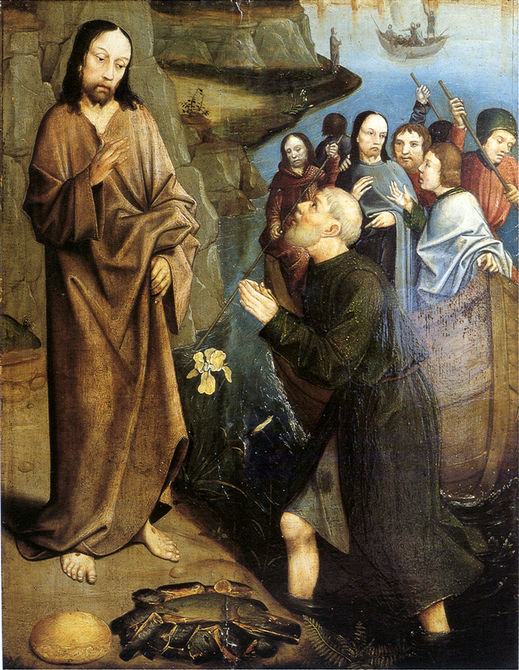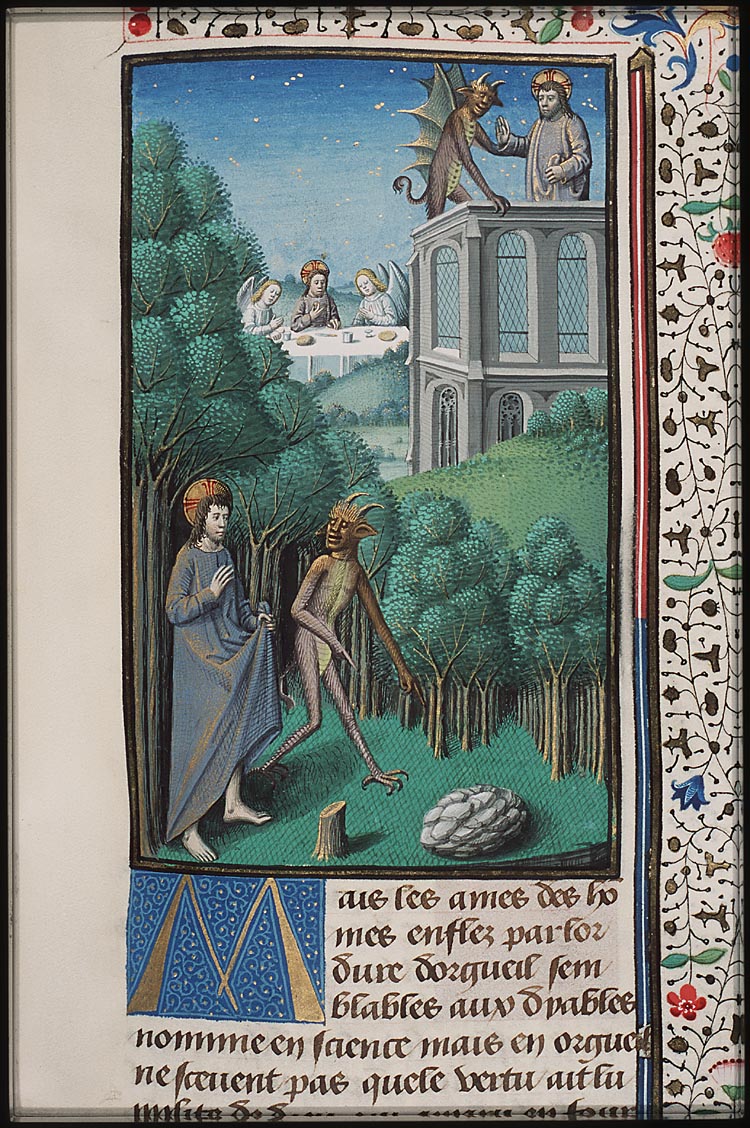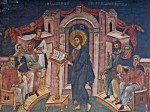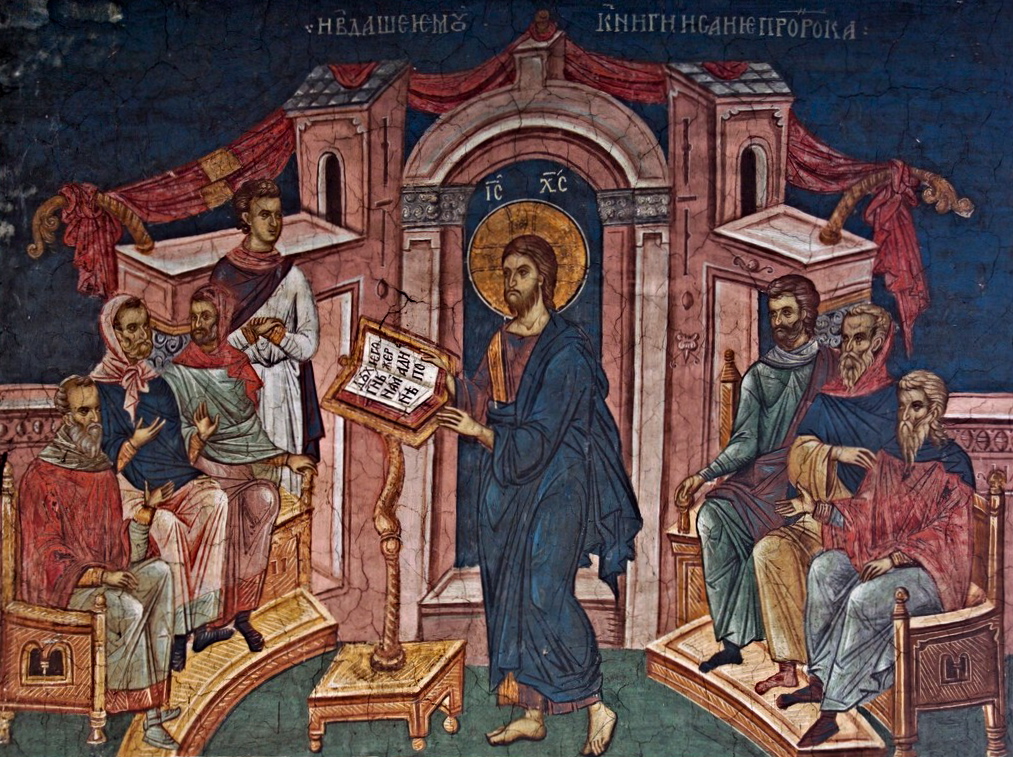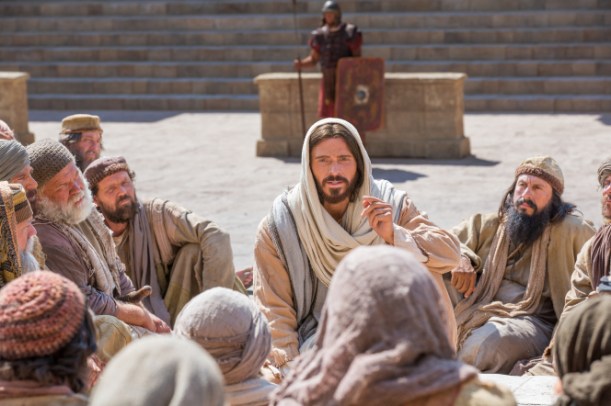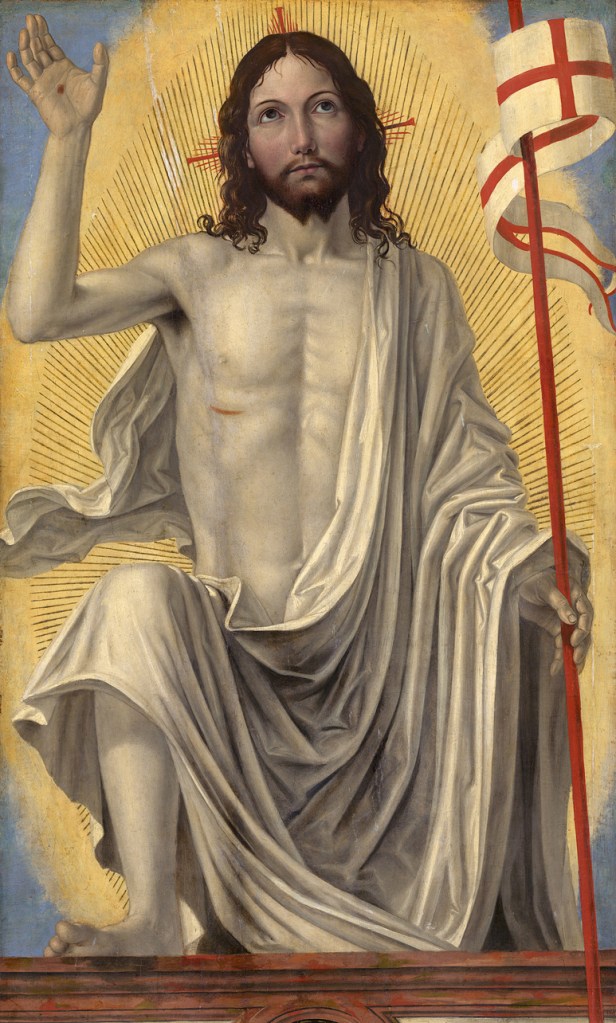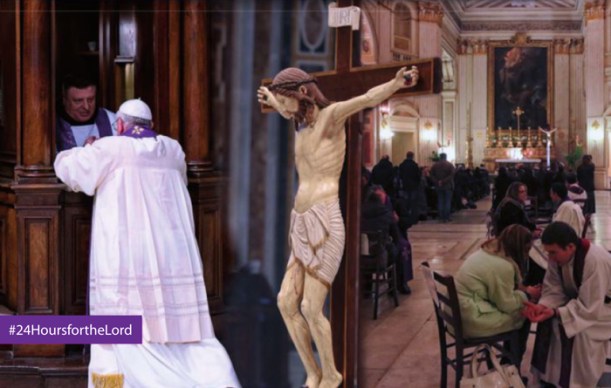In this document, I want to trace the recent history of the movement first to permit, and then to prohibit the celebration of the Usus Antiquior or the Traditional Latin Mass. I was prompted to write this because of a conversation with a friend regarding the motivations and decisions of the people involved in the suppression of the TLM.
On 7 July, 2007, Pope Benedict released an Apostolic Letter, Summorum Pontificum, which permitted the use of the 1962 Roman Missal in continuity with the ancient tradition of the Church.
In it the Pope says, “The Roman Missal promulgated by Pope Paul VI is the ordinary expression of the lex orandi (rule of prayer) of the Catholic Church of the Latin rite. The Roman Missal promulgated by Saint Pius V and revised by Blessed John XXIII is nonetheless to be considered an extraordinary expression of the same lex orandi of the Church and duly honoured for its venerable and ancient usage. These two expressions of the Church’s lex orandi will in no way lead to a division in the Church’s lex credendi (rule of faith); for they are two usages of the one Roman rite.
It is therefore permitted to celebrate the Sacrifice of the Mass following the typical edition of the Roman Missal, which was promulgated by Blessed John XXIII in 1962 and never abrogated, as an extraordinary form of the Church’s Liturgy.”
Pope Benedict said later: “What earlier generations held as sacred, remains sacred and great for us too, and it cannot be all of a sudden entirely forbidden or even considered harmful.”
Shortly afterwards, Bishop Arthur Roche, who is now the Prefect of the Dicastery for Divine Worship and the Discipline of the Sacraments, but at that time was Bishop of Leeds (2004-2012), issued a highly idiosyncratic interpretation of Summorum Pontificum, which seemed intended to restrict the rite beyond what was required by Pope Benedict’s apostolic letter. Fr Zuhlsdorf examined and critiqued it here:
Fr Ray Blake commented too. https://marymagdalen.blogspot.com/2007/10/bishop-of-leeds-on-motu-proprio.html
This was also picked up by Catholic World Report, which described it as a hermeneutic of rupture.
https://www.catholicworldreport.com/2023/02/13/liturgical-double-standards-and-the-hermeneutic-of-rupture/
Despite the fact that Bishop Roche had misinterpreted his document, Pope Benedict appointed him as Secretary to the Congregation for Divine Worship and Discipline of the Sacraments (CDW, now the DDW) on 26 June 2012. Perhaps Pope Benedict was unaware of +Roche’s previous overreach, or he was impressed with the good work Roche had previously carried out with the ICEL, the International Commission on English in the Liturgy.
By 28 February 2013, Pope Benedict had resigned, and Pope Francis was soon to take his place. It soon became evident that +Roche was determined to defend and support Pope Francis in whatever direction he led, even if it conflicted with previous Church tradition and practice. For example, on 29 January 2016, Archbishop Roche went out of his way to explain Pope Francis’s decision to include women in foot-washing on Holy Thursday, obscuring its interpretation as being about the Institution of the Priesthood. Did he make misleading statements to the press regarding the CDW’s consultation on this which the Prefect of the CDW (Cardinal Sarah), out of respect, declined to comment on in public, although it was clear he disagreed with the Pope?
https://www.ncregister.com/news/archbishop-roche-popes-foot-washing-change-is-a-return-to-tradition
After this public display of loyalty to him, Pope Francis asked +Roche in December 2016 to chair an informal commission to review Liturgiam Authenticam, the CDW’s 2001 document on faithful translations into the vernacular of liturgical texts and Holy Scripture. Sandro Magister writes: “The objective of the review is not “the correction of the degenerations of the post-conciliar liturgical reform — meaning that ‘reform of the reform’ which is Cardinal Sarah’s dream — but the exact opposite: the demolition of one of the walls of resistance against the excesses of the post-conciliar liturgists.
Moving ahead with his liturgical review, Pope Francis released a motu proprio, Magnum Principium, on 9 September, 2017, which transfers the responsibility for translations into the vernacular to local bishops’ conferences and away from the CDW/DDW. Note that “Cardinal Robert Sarah, [i.e. +Roche’s boss] prefect of the Congregation for Divine Worship, was not consulted for the motu proprio.”
The Motu Proprio did away with Pope John Paul II’s Vox Clara, the CDW commission which previously vetted English Translations.
https://www.ncregister.com/news/pope-francis-apostolic-letter-draws-mixed-reaction
+Roche authored the commentary accompanying the motu proprio. In the meantime, Cardinal Sarah, the prefect of the CDW, was sidelined.
https://press.vatican.va/content/salastampa/en/bollettino/pubblico/2017/09/09/170909a.html
In an unusual move, but to no-one’s surprise, Cardinal Sarah’s resignation from the CDW was announced on 21 February 2021. Knowing what we now know, it is remarkable that The Pillar was able to write this just three years ago: “there is little evidence in the last seven years that the liturgy is a subject which much exercises the pope, one way or another.”
https://www.pillarcatholic.com/p/the-strange-case-of-cardinal-sarah
Shortly afterwards, on 27 May 2021, +Roche was promoted from Secretary to Prefect of the CDW/DDW.
By June 2021, rumours were circulating that Pope Francis was about to overturn Pope Benedict’s Summorum Pontificum.
Quote: “And Abp. Roche, new Prefect of the Congregation for Divine Worship, explained, while laughing, to those responsible for [some] seminaries in Rome and members of the Curia, all English-speaking: “Summorum Pontificum is practically dead! We will give back to the bishops power on this matter, but particularly not to conservative bishops.”
The rumours were proved correct! On 16 July, 2021, Pope Francis issued a motu proprio, Traditionis Custodes, restricting celebration of the Tridentine Mass.
Key points:
- Individual priests were no longer authorised to say the 1962 Mass without the approval of the Diocesan Bishop and the approval of the Holy See.
- The Mass of Paul VI was declared the “unique expression” of the lex orandi of the Roman Rite.
Pope Francis justified his decision by saying that he was only trying to unify the Church.
“An opportunity offered by St. John Paul II and, with even greater magnanimity, by Benedict XVI, intended to recover the unity of an ecclesial body with diverse liturgical sensibilities, was exploited to widen the gaps, reinforce the divergences, and encourage disagreements that injure the Church, block her path, and expose her to the peril of division.”
In response, Catholics who loved a reverent, faithful Mass expressed their shock and dismay!
Some examples:
https://www.catholicculture.org/commentary/backward-logic-traditionis-custodes
The Pillar went on to describe how Traditionis Custodes would foster division in the Church.
https://www.pillarcatholic.com/p/traditionis-custodes-and-unhelpful?utm_source=%2Fsearch%2Ftraditionis%2520custodes&utm_medium=reader2
On 4 August 2021, The Pillar published a conversation between Cardinal Nichols and Archbishop Roche. “In a letter to Cardinal Nichols, Vatican liturgy chief Archbishop Arthur Roche [erroneously] says that the Traditional Latin Mass was “abrogated by Pope Saint Paul VI.” Benedict XVI had written in his letter to the world’s bishops in 2007 that the pre-conciliar liturgy was “never juridically abrogated.””
https://www.pillarcatholic.com/p/traditionis-custodes-a-timeline?utm_source=%2Fsearch%2Ftraditionis%2520custodes&utm_medium=reader2
Copies of the letters from Cardinal Nichols and Cardinal Roche are able to be read here: https://gloria.tv/post/myjxBqYSuxVF1Yr1wBF2gSxgz
The Vatican, too, was receiving Dubia from dioceses around the world and responded on 21 December 2021, in a Responsa ad Dubia to eleven questions regarding certain provisions of Traditionis Custodes.
https://press.vatican.va/content/salastampa/it/bollettino/pubblico/2021/12/18/0860/01814.html#ing
Cardinal Roche said, “The first aim is to continue ‘in the constant search for ecclesial communion’ which is expressed by recognizing in the liturgical books promulgated by the Popes Saint Paul VI and Saint John Paul II, in conformity with the decrees of the Second Vatican Council, the unique expression of the lex orandi of the Roman Rite. This is the direction in which we wish to move, and this is the meaning of the responses we publish here. Every prescribed norm has always the sole purpose of preserving the gift of ecclesial communion by walking together, with conviction of mind and heart, in the direction indicated by the Holy Father.”
Edward Pentin interviewed and challenged Cardinal Roche on various points the next day. It seems clear that many of Roche’s answers are disingenuous and have no consideration for Catholics who love the usus antiquior, without rejecting the documents of Vatican II.
https://www.ncregister.com/interview/archbishop-roche-on-traditionis-custodes-and-its-guidelines-the-liturgical-possibilities-are-in-place
Still in defensive mode, Pope Francis on 29 June 2022, released an apostolic letter, Desiderio Desideravi, explaining why he had to clamp down on the Mass variously known as the Mass of the Ages, the Usus Antiquior, the Tridentine Mass or the Traditional Latin Mass.
https://www.vatican.va/content/francesco/en/apost_letters/documents/20220629-lettera-ap-desiderio-desideravi.html
He says, “For this reason we cannot go back to that ritual form which the Council fathers, cum Petro et sub Petro [with Peter and under Peter], felt the need to reform, approving, under the guidance of the Holy Spirit and following their conscience as pastors, the principles from which was born the reform,” he writes.
“The holy pontiffs St. Paul VI and St. John Paul II, approving the reformed liturgical books ex decreto Sacrosancti Œcumenici Concilii Vaticani II [by decree of Vatican II], have guaranteed the fidelity of the reform of the Council. For this reason I wrote Traditionis custodes, so that the Church may lift up, in the variety of so many languages, one and the same prayer capable of expressing her unity.”
“I do not see how it is possible to say that one recognizes the validity of the Council — though it amazes me that a Catholic might presume not to do so — and at the same time not accept the liturgical reform born out of Sacrosanctum Concilium, a document that expresses the reality of the Liturgy intimately joined to the vision of Church so admirably described in Lumen gentium. For this reason, as I already expressed in my letter to all the bishops, I have felt it my duty to affirm that “The liturgical books promulgated by Saint Paul VI and Saint John Paul II, in conformity with the decrees of Vatican Council II, are the unique expression of the lex orandi of the Roman Rite.”
Traditionally-minded Catholics responded by critiquing Desiderio Desideravi. In a series of richly informative articles, José Antonio Ureta set about explaining what the Traditional Latin Mass liturgy is intended to convey to the faithful.
Part 1. https://onepeterfive.com/primacy-adoration/
Part 2. https://onepeterfive.com/removing-centrality-redemptive-passion/
Part 3. https://onepeterfive.com/sacrifice-calvary-memorial-presence/
As a sign of appreciation for being continually supportive of the Holy Father’s program, on 13 July 2022, Archbishop Roche was named a member of the Dicastery for Bishops – the Dicastery involved in the appointment of new bishops. In the following month (27 August), he joined 19 other bishops in being created a Cardinal Deacon of the church and therefore eligible to vote at the next conclave.
Among the newly elevated Cardinals were some from “the peripheries” who represented Pope Francis’s outreach to dioceses far distant from Rome, but also others who are indicative of Pope Francis’s thinking on doctrinal issues, for example, Cardinal McElroy.
One must not be naive about the statements emanating from Cardinal McElroy:
- Blessings of same-sex couples are a “great move toward decentralization”.
- At the LA REC: “We have witnessed the reality that bishops of various parts of the world have made rapidly divergent decisions about the acceptability of such blessings in their countries, based substantially on cultural and pastoral factors, as well as neocolonialism.”
“It is “distressing,” the prelate said, that opposition to Fiducia has focused “overwhelmingly on blessing those in same-sex relationships” compared to people in heterosexual relationships that might not be considered “ecclesially valid.”
“McElroy also blamed opposition to such blessings on “an enduring animus among far too many towards LGBT persons.””
https://angelusnews.com/local/california/mcelroy-congress-decentralization/ - Support for changing Church Doctrine: https://www.pillarcatholic.com/p/cardinal-mcelroy-pope-francis-and-the-synod
- “The cardinal argued that Catholics living in sexual relationships which defy the doctrinal teaching of the Church should not be precluded from receiving Holy Communion.”
Hmmm.
On 11 February, 2023, Canon Lawyer, J.D. Flynn wrote in The Pillar about Cardinal Roche’s manipulation of power, and that Roche was overstepping his authority in denying bishops their canonical right to dispense of the restrictions in TC.
https://www.pillarcatholic.com/p/roches-gamble-and-the-vatican-law-of-power?utm_source=%2Fsearch%2Ftraditionis%2520custodes&utm_medium=reader2
Ten days later, Roche erupted with a response to The Pillar’s article – a Papal Rescript, apparently approved by the Pope the previous day.
https://www.vatican.va/roman_curia/congregations/ccdds/documents/rc_con_ccdds_doc_20230220_rescriptum-traditioniscustodes_en.html
The Pillar responded:
https://www.pillarcatholic.com/p/does-roches-rescript-dispense-with-vatican-ii?utm_source=%2Fsearch%2Ftraditionis%2520custodes&utm_medium=reader2
“The rescript followed letters sent from Cardinal Roche to several U.S. bishops, in which he sought to argue that the power to issue the dispensation regarding parish church buildings was reserved to his dicastery already, under the norms of Traditionis — despite the general legal prerogative of diocesan bishops to dispense from universal laws, unless the power is explicitly reserved to Rome.”
So much for decentralisation.
On 19 March, 2023, Cardinal Roche was interviewed on BBC Radio 4 about the Traditional Mass.
BBC Radio 4 Interviewer: “Cardinal Arthur Roche who is overseeing the restrictions, says it’s not Latin that’s the problem, but the old theology the old Mass embodies. With the less participation by the congregation, and the priest with his back to them for most of the service. “
Cardinal Roche: “You know the theology of the Church has changed. Whereas before the priest represented, at a distance, all the people. They were channelled as it were through this person who alone celebrated the Mass. It is not only the Priest who celebrates the liturgy, but also those who are baptised with him. And that is an enormous statement to make.”
It is rather shocking that the Prefect of the DDW should make such a statement. He is completely incorrect of course.
Joseph Shaw, President of the UK Latin Mass Society, examined the interview and Cardinal Roche’s comments here. I recommend reading the whole of the linked article.
“I find myself, here, and not for the first time, defending the words of the Second Vatican Council against an interpretation which would impute to them theological novelties incompatible with the perennial teaching of the Church. It’s beyond the scope of this article to do the same thing for everything the Council said, but at least on this important issue, of the manner in which the faithful participate in the Mass, Austen Ivereigh should note that I am not the one criticising Vatican II. It is Cardinal Roche, by implication, who seems to be casting it as introducing an historical rupture into the teaching of the Church.”



